6 games that do death differently
In games, nothing can be said to be certain except death and well, mostly that. Death as a consequence of failure has been a part of games since the days of Spacewar!, and what came after has stayed pretty much the same: a Game Over screen, a Continue? prompt (maybe with an exchange of quarters in there somewhere), and you begin again as if nothing happened. That's been the gaming standard for decades and it's practical enough, but it can make death insignificant.
But not all games play to that standard - some choose not to ignore that you were a corpse just a moment ago, opting instead to weave the reason for your resurrection into the gameplay. Death isn't merely an inconvenience that loudly reminds you you're in a video game!, but a real part of the game with a place in its world. Its not the right fit for every situation, of course, but a creative workaround for death can genuinely enhance your playing experience.
You told the story wrong
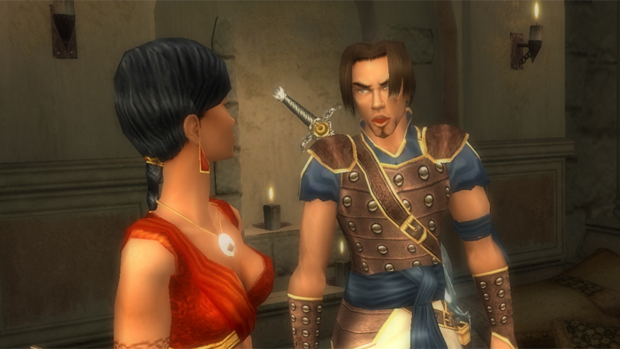
As seen in: Prince of Persia: Sands of Time, Assassin's Creed, Tales from the Borderlands
We all know how it goes when you tell your friends some incredible personal story: you fudge the details and forget things, so you sometimes have to back up and correct yourself. Most of us stop short of claiming we died during our travels, but video game protagonists have a habit of trading in extremes. When they describe their adventures after the fact, they'll detail their own demise before remembering that they're very much alive, and none of that actually happened.
Being able to explain away death as overenthusiastic storytelling is a happy accident - the frame exists for bigger reasons, to keep you wondering how (rather than if) the hero escapes deadly harm to recount the story later. That makes this non-death a close cousin of the standard revert-to-checkpoint approach, but one thing saves it: its sense of humor. You get to feel like you're in on the joke, and hearing how the protagonist explains away their mistake can be worth the failure. It can even seem logical, if it's worded carefully enough.
You're cloned on the fly
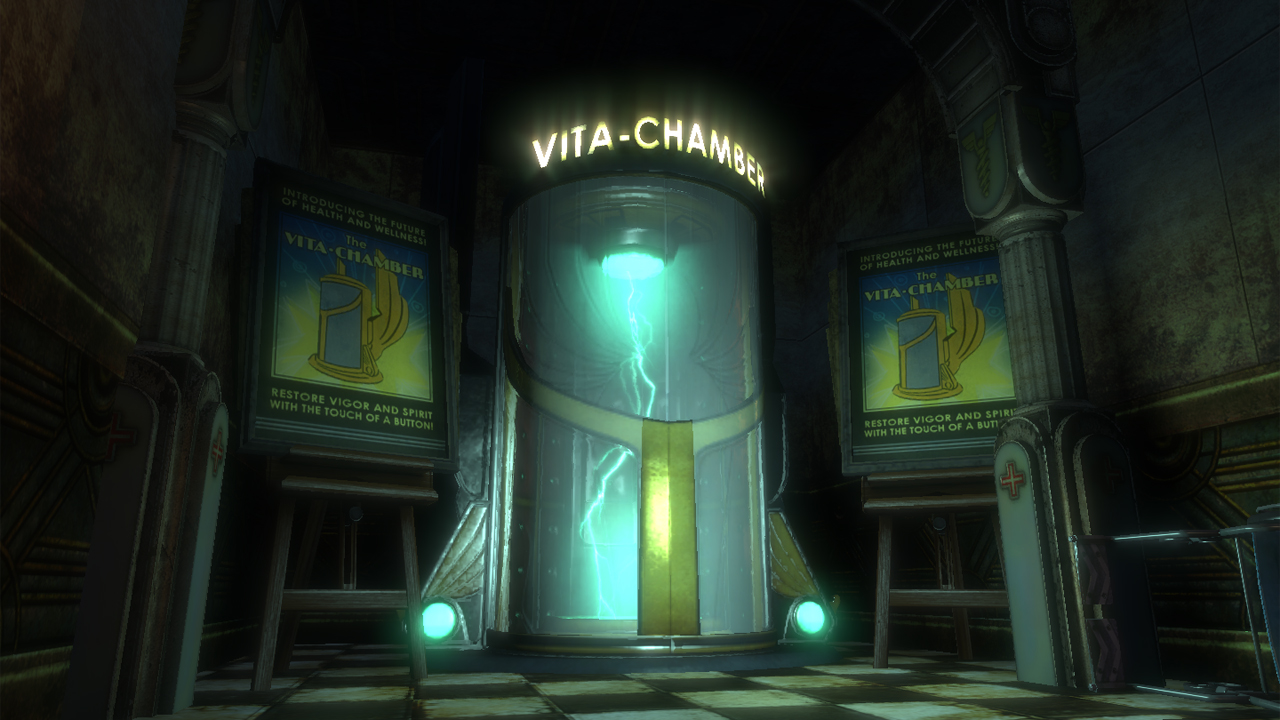
As seen in: BioShock, Borderlands, Crackdown
In the very near future (sometimes so near that it's actually the past), mankind hammers out all the ethical and biological ramifications of cloning and starts mass production on personal body copies. Now you can get clones like snacks out of a vending machine, which is convenient when your job involves being repeatedly destroyed by enemies who want to nail you into the ground like a tent spike.
Weekly digests, tales from the communities you love, and more
This kind of death-dodging works best in games that are meant to be challenging, but also aim to create a certain feeling around each fight. For instance, the most satisfying conclusion to a Big Daddy battle in BioShock is watching one of those giant monsters collapse after throwing everything you have at it, which doesn't work as well if you have to completely restart the fight every time it kills you. Fighting your way through Rapture has to feel difficult if the struggle is going to be meaningful, but you don't want to lose out on the rhythm each fight is meant to have. Having another you waiting in the wings, ready to be spawned on a moment's notice, keeps you on beat.
You're cursed with immortality
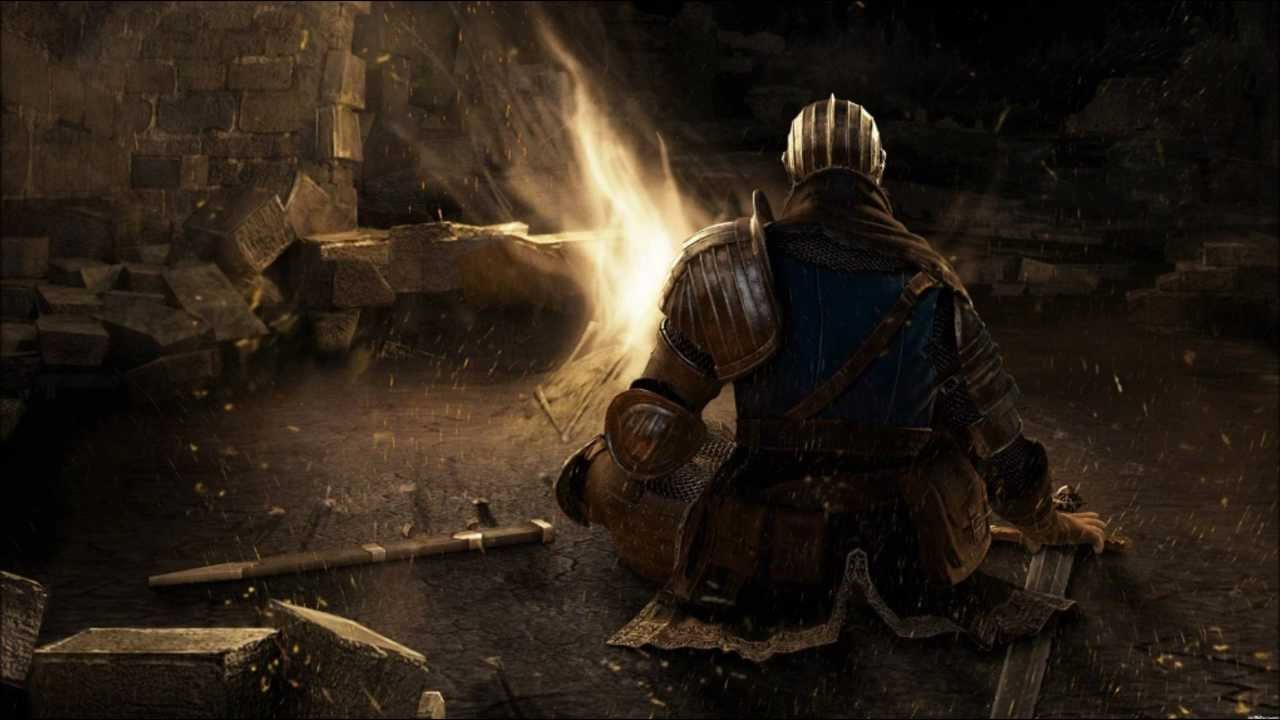
As seen in: Dark Souls, Shadow of Mordor, Bloodborne
If used incorrectly, this can quickly become the narrative equivalent of the creators throwing up their hands and storming out of the room. Given that you do technically come back to life time and time again, immortality is the laziest possible explanation if nothing more is done with it. Thankfully, the games that use this concept best avoid that by making immortality an even bigger part of the game.
The immortality method takes some serious commitment from the game to avoid looking like a cop-out. By planting the concept deep in their world lore (the way, for example, Dark Souls does by making you an Undead out to destroy the source of your reanimation), unending life becomes as much a part of the plot as it is a gameplay device. It never feels like there's an unnatural break when the protagonist dies, because it falls perfectly in line with the storyline.
Your town has a DAMN good hospital
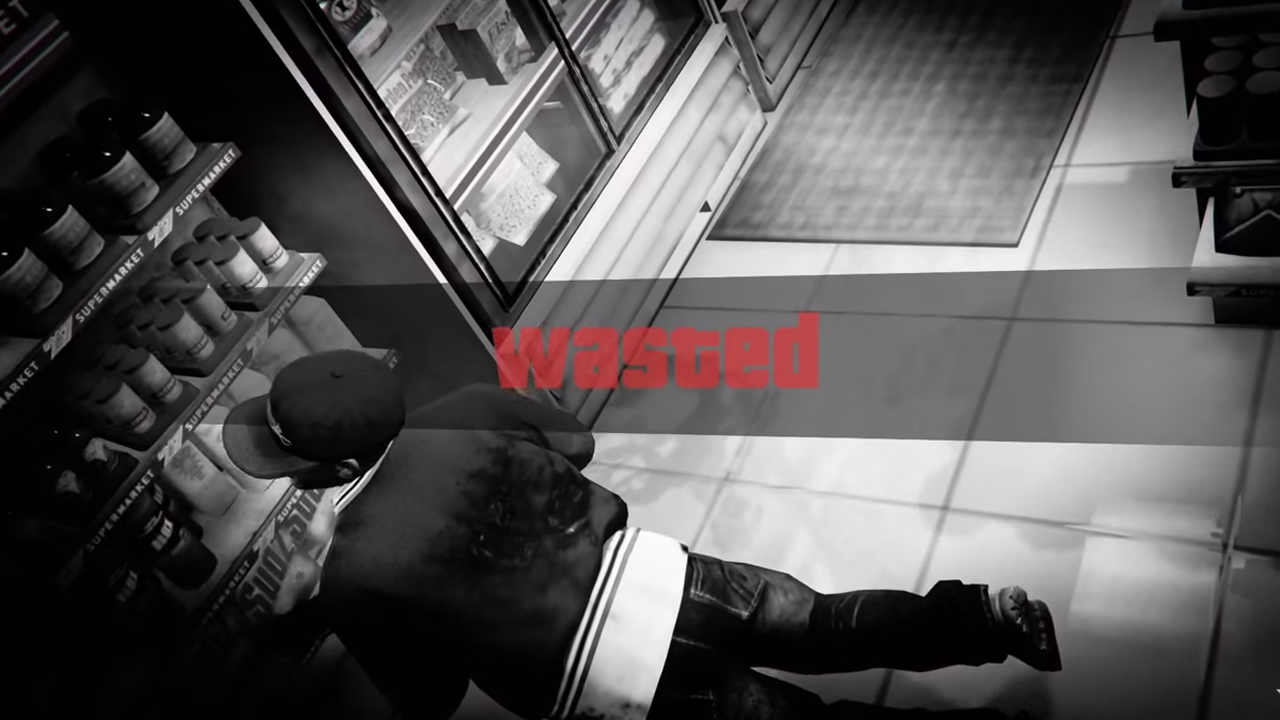
As seen in: Grand Theft Auto, City of Heroes
There's little way to play this one straight, but that's half the fun. Regardless of what sort of damage your character is subjected to - falling from a ten-story building, getting run over by a Jeep, slamming a jet into a suspension bridge and succumbing to the resulting inferno - nothing actually kills them. Instead, after the loading screen comes and goes, they trot out of the nearest hospital, with nothing to indicate their misadventure except a slightly lighter wallet.
This undeath is sure to get a few laughs on principle, which is part of its appeal: it's the game giving you a wink and a nod over your unfortunate and likely stupid demise while showing it doesn't really care to punish you. In fact, it purposefully moves you from the place where you died so you can start fresh somewhere else and not have to immediately deal with what just killed you. That's why you mostly see this in sandbox games - where it would be incredibly annoying to restart far away from your goal in a linear title, in an open-world it feels like a respite, so you're free to go cause mayhem elsewhere.
You have a deal with the devil/Grim Reaper/patron god
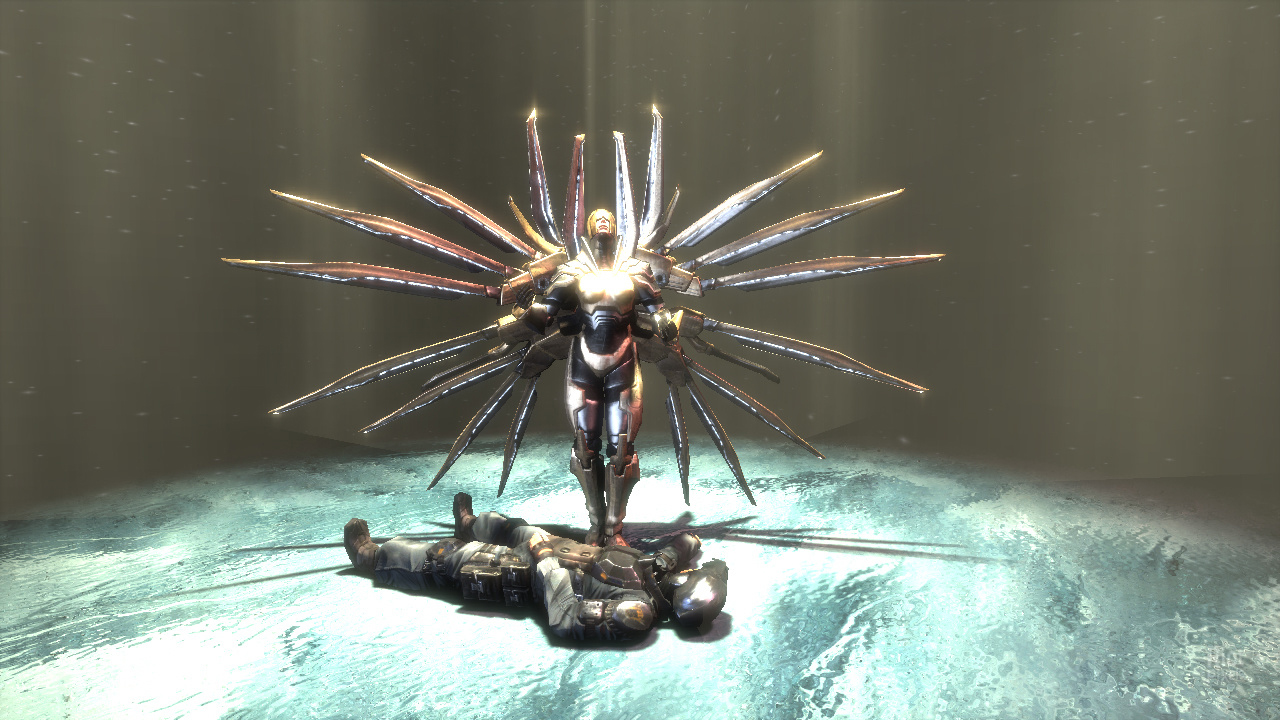
As seen in: Destiny, Conker's Bad Fur Day, Too Human
It's good to have friends in high places - or low ones, depending on your perspective. While the hero may not have a supply of body copies on hand, they do have a patron deity who's interested in keeping them alive. That means whenever they bite it, their connection to those divine beings is what raises them from the dead, just in time for to charge back into the fight and send their enemies into cardiac arrest.
This one can both be taken seriously or played for laughs, based on how the game frames the situation. The ethereal Traveler in Destiny is taken very seriously, so it's a matter of grave importance when its power is used to raise a fallen guardian. Same goes for Too Human, where you're resurrected by Valkyries. Meanwhile, in Conker's Bad Fur Day, a drunken squirrel makes a deal with the Grim Reaper to pay for new lives with severed squirrel tails, which everyone involved knows is weird. In either case, it gives the main character an even greater sense of importance: not only are they untouchable, but they have a patron god keeping them that way, because they're just that important to the survival of the world (or whatever's going on in Conker).
You're a robot or a projection
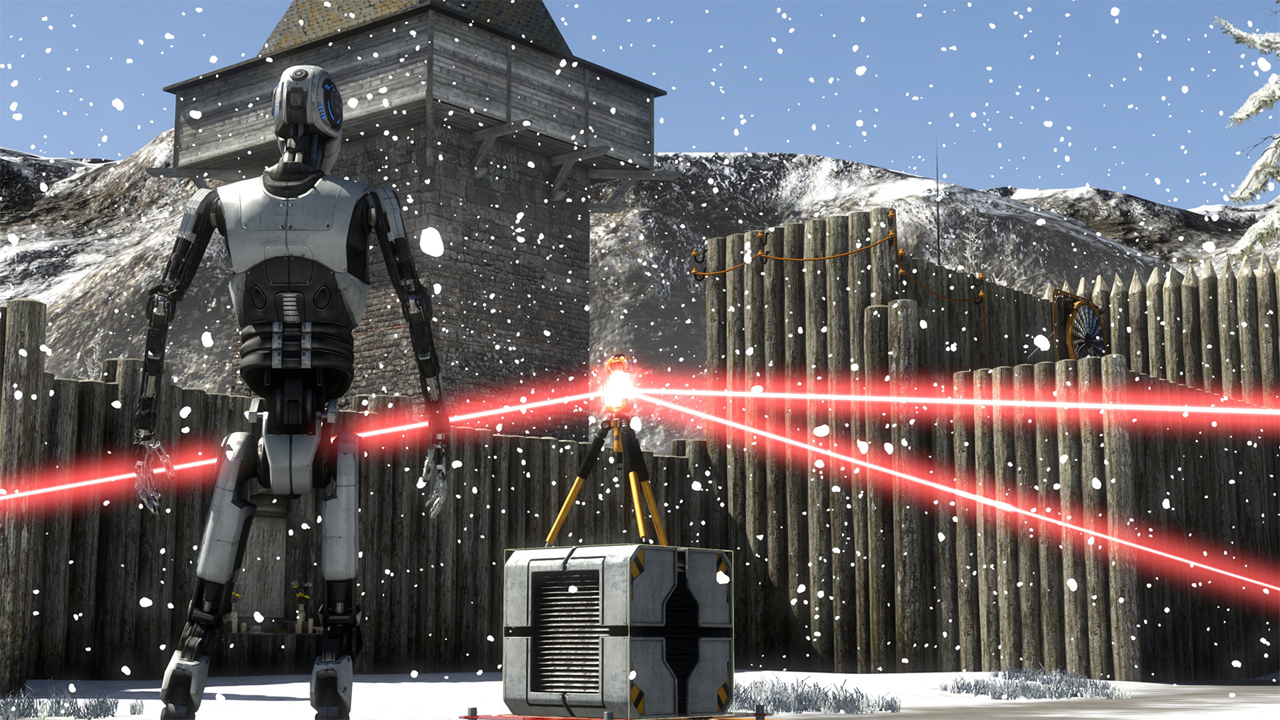
As seen in: Psychonauts, The Talos Principle, Ether One
We're getting downright Descartian here, when death adversion is based on the idea that you have no physical form to kill. Whether that's because you're a robot, or are projecting into a digital world, the result is the same: you get an infinite amount of 'lives' because dying kills the image of you, not your essence. Deep.
While that seems like a simple way to handwave in-game death, since your synthetic form can be mentioned once and never again, it takes serious legwork to implement it in any game with a hint of story. Portal's co-op mode gets away with it because the robot bodies are just there to facilitate you shooting holes in the wall, but something like The Talos Principle has to explain why you, robot, need so many bodies to accomplish your objective. Robot-projection death only works if it's built into the bedrock of the game, but when it is, your mechanical immortality can itself open up interesting questions. Reaching your goal is the only way for this all to end, but what could be so important that the game keeps endlessly rebuilding you to do it?
You reform from your own gushy remains
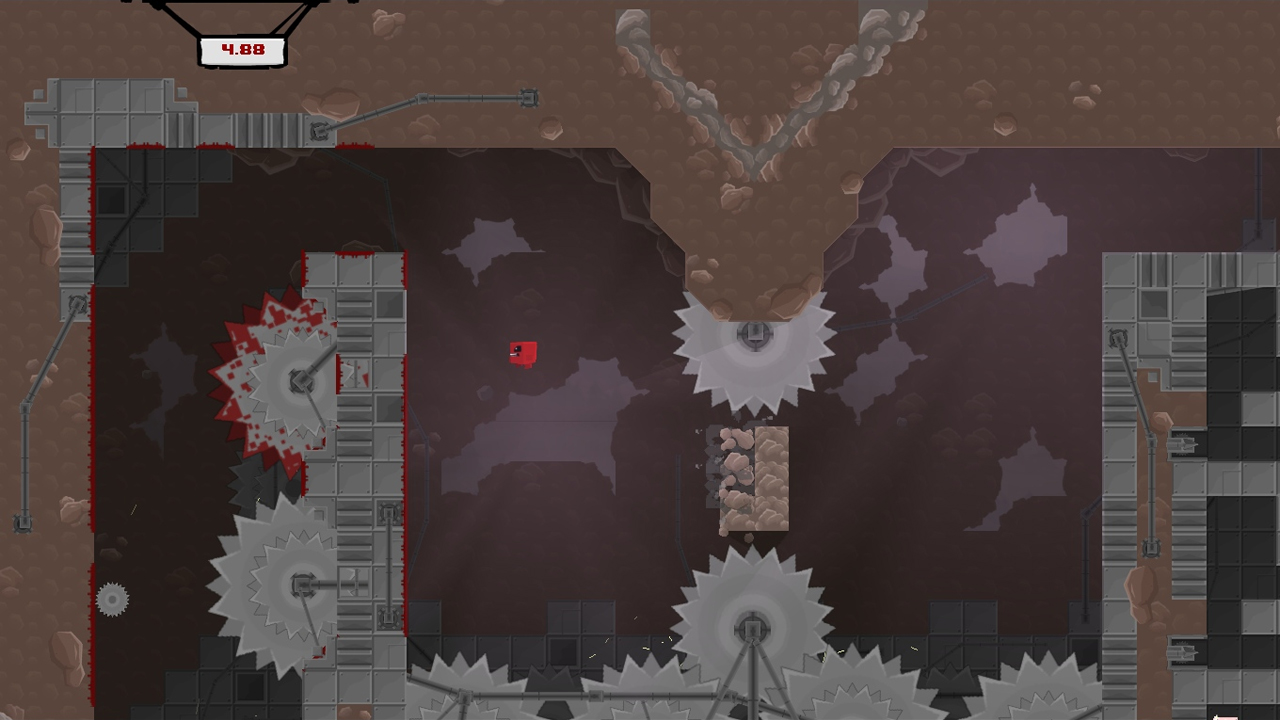
As seen in: Super Meat Boy
You're not a creature of this world. For whatever reason the laws of physics and biology don't apply to you, and after being mercilessly splattered against a stray sawblade, you're able to gather up your own remains and reconstitute yourself. There's no pretenses of logic here, no attempt to explain how you flagrantly defy the blueprint of the universe. Just you, reforming yourself at the end of every death, the game daring you to question it.
This approach only really works if a game is willing to commit to the levels of absurdity it demands. But once that's accomplished, this may well be the most indisputable death dodge out there, because it isn't really a dodge at all. You die, and have enough will left to rebuild yourself through a means that only the unforgiving cosmos understands. That, in a weird way, becomes the epitome of persistence. If the protagonist is willing to scrape what remains of their flesh off yet another death contraption and do it all over again, what excuse do you have?
Former Associate Editor at GamesRadar, Ashley is now Lead Writer at Respawn working on Apex Legends. She's a lover of FPS titles, horror games, and stealth games. If you can see her, you're already dead.



